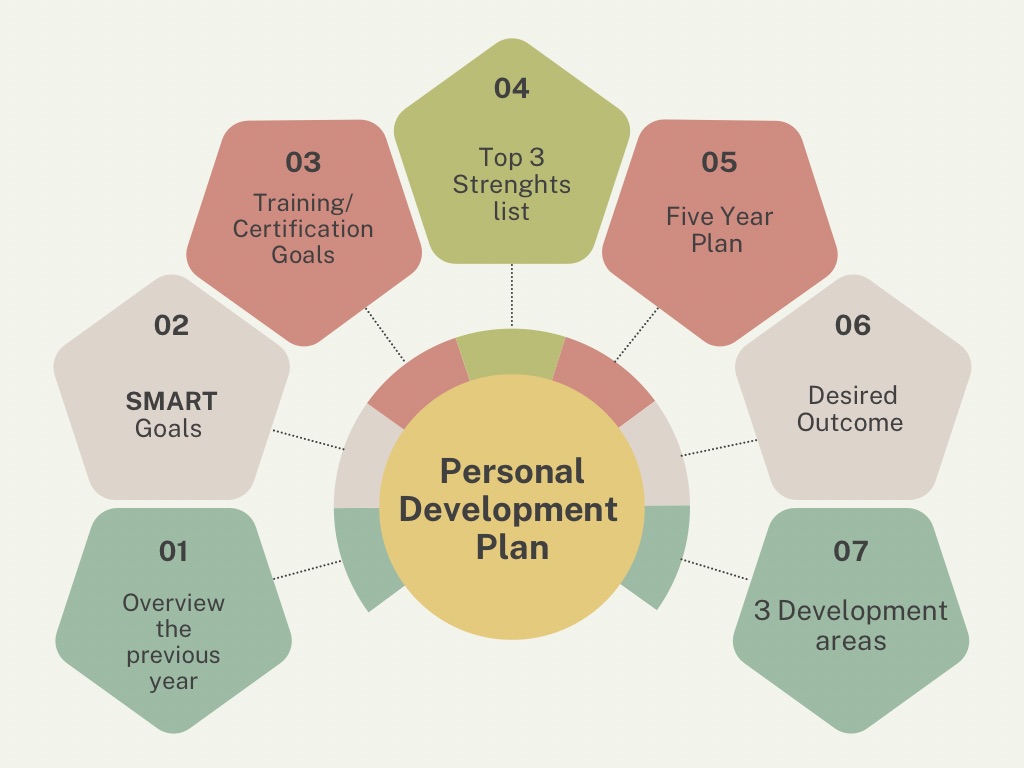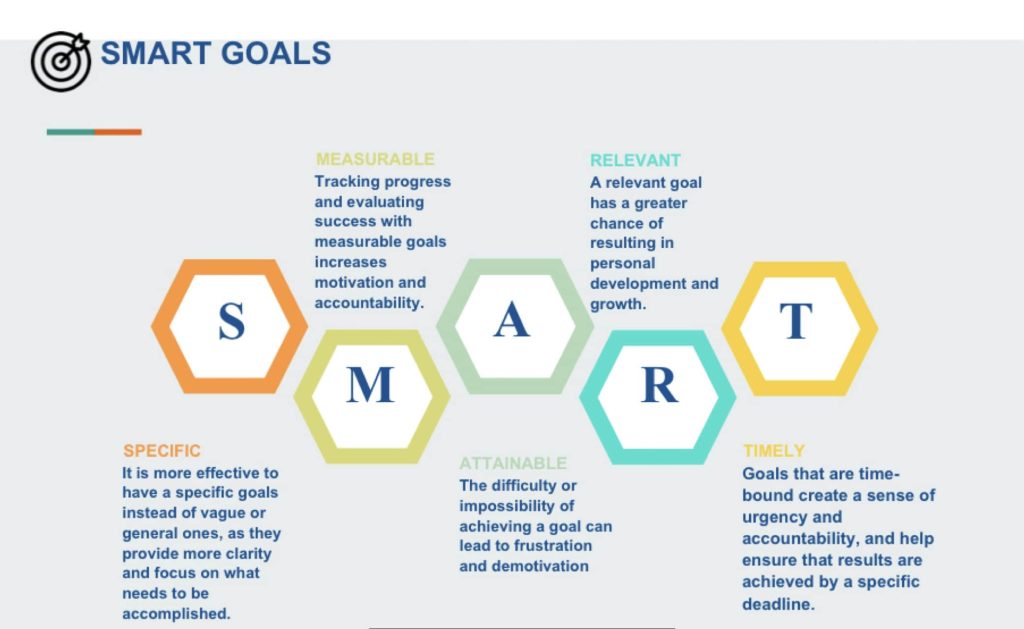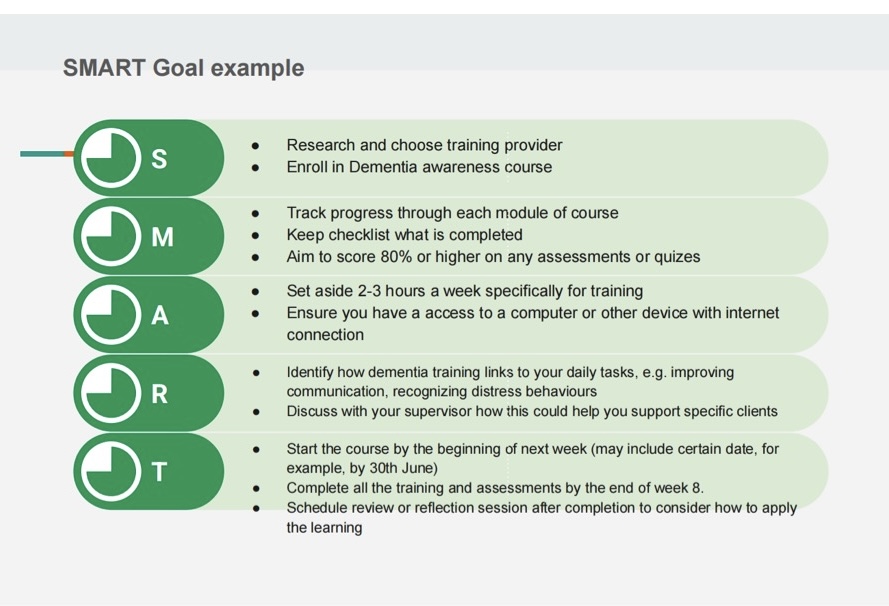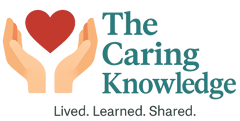
Working in the care sector means no two days are ever the same. Whether you’re just starting your journey in care or have years of experience, there’s always more to learn, reflect on, and grow from. That’s where the Personal Development Plan (PDP) comes in.
A PDP isn’t just a box to tick off. It’s a valuable tool that helps you, as an individual, understand where you are in your career and where you’d like to be in the future. Think of it as your personal roadmap to becoming a better professional.
You might have heard of the term SWOT analysis, which usually applies to businesses. But in essence, a Personal Development Plan is the same kind of analysis — only it’s applied to you. It focuses on your strengths, weaknesses, opportunities, and potential challenges in your care career.
A PDP is usually created during supervision or as part of your annual appraisal — and the most important part is that it’s all about you. There are three key things to consider: your strengths, your needs, and your goals.
You might wonder: why does this matter?
Because it helps keep your learning fresh. It’s impossible to stand still in social care. New approaches, updated guidelines, and better ways of doing things are constantly emerging. When you have a PDP, you can stay on top of those changes rather than always trying to catch up.
Setting goals — no matter how small — and achieving them can really boost your confidence. Even when the job feels overwhelming, seeing your own progress reminds you that you’re moving forward.
Developing your skills and understanding yourself better also makes you a stronger employee. It enhances your ability to support the people you care for. With more confidence and sharper skills, you can be even more helpful to those who rely on you.
A Personal Development Plan can also act as a kind of CV for your growth. Whether you’re interested in becoming a senior carer or learning more about specific areas like dementia or palliative care, your PDP shows where you’ve come from and where you’re heading.
Personally, I like to use SMART goals. This structured approach helps ensure your objectives are clear and achievable within a set timeframe.

A Simple Roadmap for Setting SMART Goals
1. Think about where you want to be in five or ten years, then make sure your current goals are stepping stones toward that vision. When your daily efforts connect to your bigger dreams, you’ll naturally feel more motivated and focused on what truly matters.
2. Don’t just survive your performance reviews—use them as goldmines for growth opportunities. Those areas where your manager suggests improvement? Turn them into specific goals that will make you stronger professionally.
3. Sometimes we’re too close to our own work to see clearly, so ask trusted colleagues or your supervisor what they think about your development plans. Their outside perspective can reveal blind spots and help you refine your path forward.
4. Big goals can feel overwhelming, so break them down into smaller wins you can celebrate along the way. These mini-milestones keep you energized and help you course-correct before you drift too far off track.
5. The working world moves fast, and what seemed important six months ago might not be relevant today. Stay flexible with your goals—regularly check if they still make sense and don’t be afraid to pivot when circumstances change.
SMART Goal Example: Dementia Awareness Training
A carer has set a clear and meaningful goal: to finish a dementia awareness training course in 8 weeks. In the process, she hopes to gain a deeper understanding of dementia and become more confident and capable in supporting people living with the disease. By following the SMART goal approach (that’s Specific, Measurable, Achievable, Relevant, and Time-bound), she has mapped out a plan that makes the goal feel manageable. It’s not just about ticking a box; it’s about learning in a way that brings real, everyday improvements to the care she provides.

Investing in our own development isn’t selfish — it’s necessary. You, me — we all deserve the chance to grow as individuals, especially when that growth helps us become better versions of ourselves and improves the care we give to those we support.

